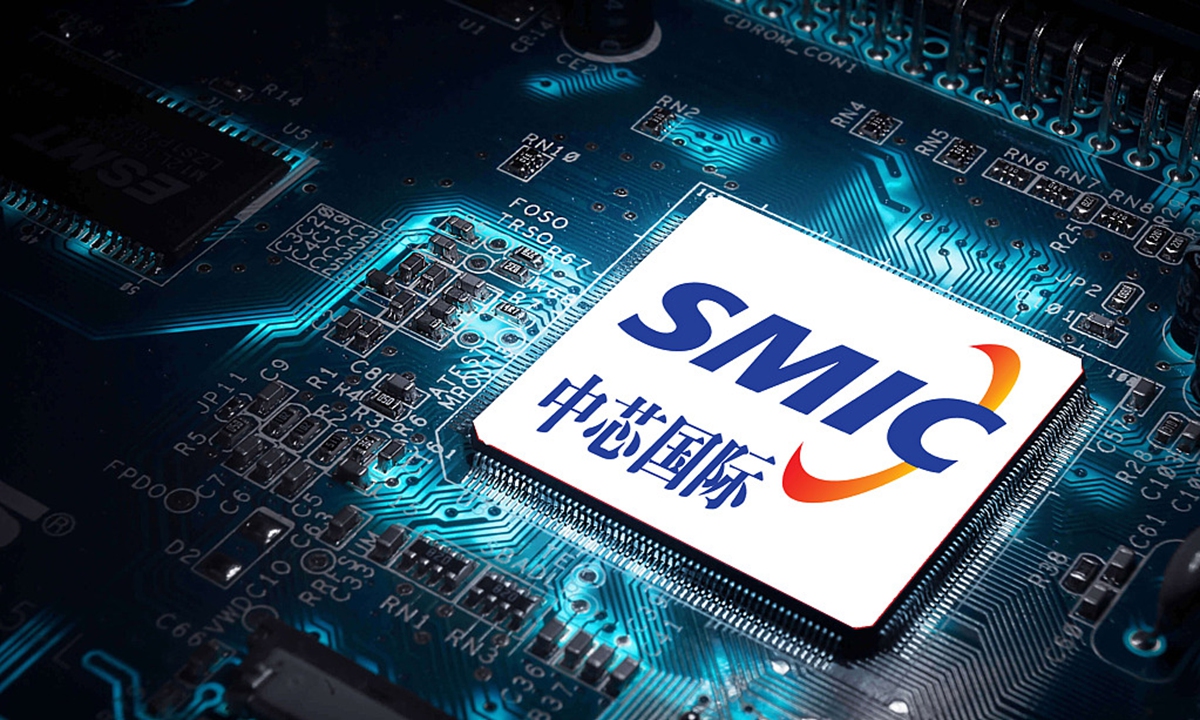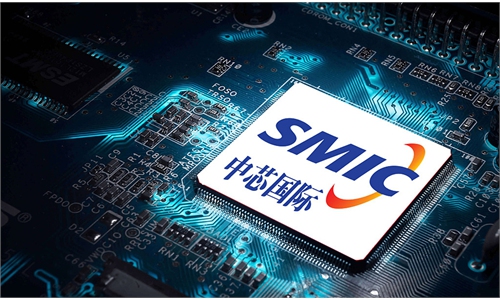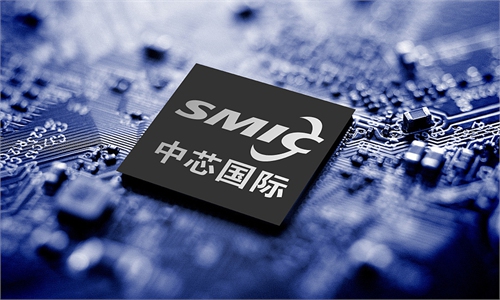Departure of senior executives no impact on operations; Q3 revenue reaches record high of $1.42 billion: SMIC

SMIC Photo: VCG
The departure of senior executives has had no impact on SMIC's operations and management, China's top chip maker said on Friday after it reported the third quarter revenue was up 30.7 percent year-on-year to reach record high of $1.42 billion.SMIC vice chairman, Chiang Shang-Yi, resigned to spend more time with his family, a move which came less than a year after he joined the firm, according to a company filing on Thursday.
Chiang is a heavy weight in the chipmaking industry and had played a key role in helping his former employer TSMC become a global leader in chip manufacturing.
Four board directors put forward their resignation, and the company respects their decisions and is grateful for their contribution to SMIC, Gao Yonggang, SMIC acting chairman of the board told the company's quarterly performance meeting on Friday.
Chiang will serve as an adviser to the company and the current board of directors has 11 members, similar to the other companies in the chipmaking industry, Gao said.
"Since SMIC was placed on the US 'entity List,' the company has faced tremendous challenges in production and operations," he acknowledged.
Due to factors including supplier delivery and coronavirus-induced logistics, the equipment arrived late, said Zhao Haijun, co-CEO of SMIC on Friday.
But the company still expanded the 8-inch wafer production capacity to 594,000 by the end of the third quarter, increasing 32,000 compared with the quarter earlier, Zhao said.
"In the fourth quarter, the company will continue to release new production capacity of 10,000 wafers," he noted, estimating the company's production expansion plans will be completed on schedule.
Since the beginning of the year, the firm has focused on the two main priorities of ensuring operational continuity and continuous capacity expansion, realigning the supply chain and finding ways to optimize procurement processes, accelerating supplier qualification, and improving production planning and engineering management.
Capacity building next year will surpass this year's level, the company said.
To break through advanced chipmaking bottleneck and ease the chip shortage burden, SMIC has expanded its capacity with three new plants in Beijing, Shanghai and Shenzhen with the total designed capacity for 12-inch wafer reaching 240,000. The factory in Shenzhen is expected to achieve volume production in the second half of 2022.
SMIC on Friday entered into an agreement to set up a $5.5 billion joint venture with China's integrated circuit fund II and investment holding firm Hailinwei in Shanghai's Lingang district, with SMIC contributing 66.45 percent of the registered capital for the joint venture.
Global Times


